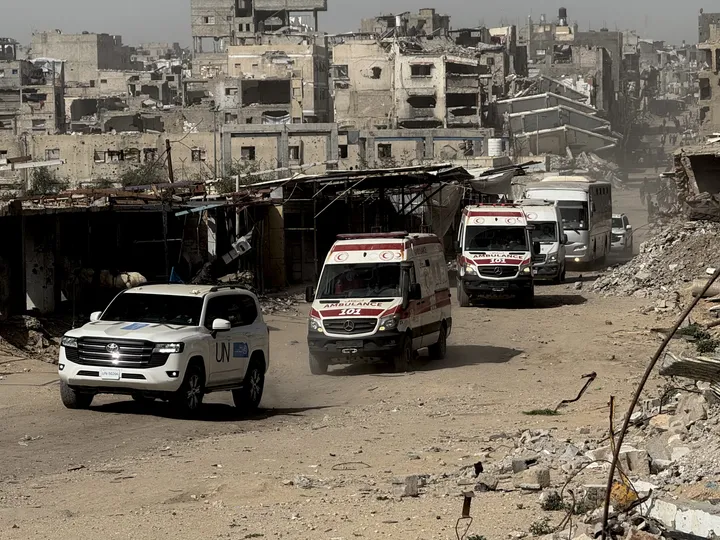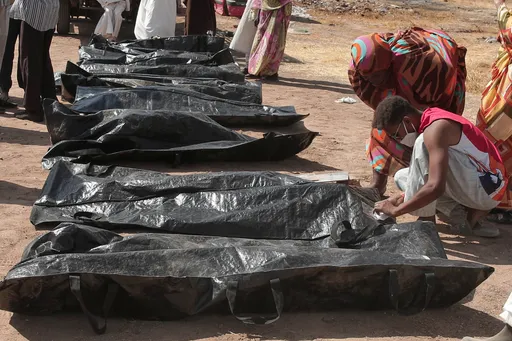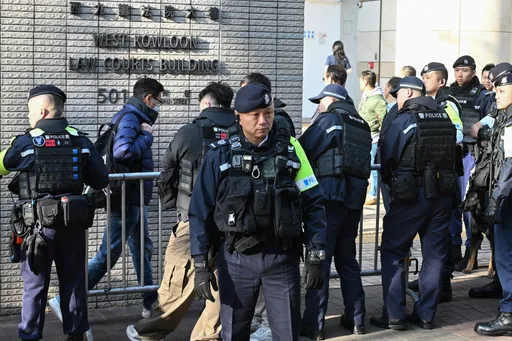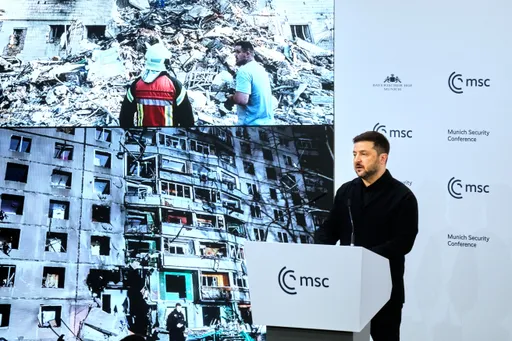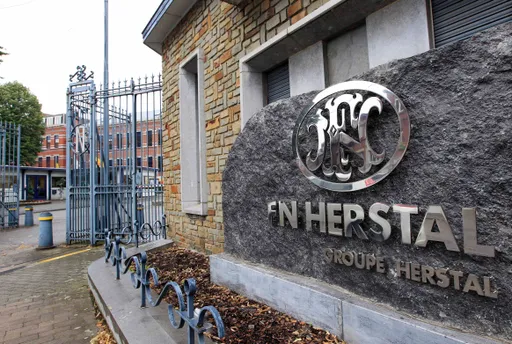The UN human rights chief has said that the destruction of civilian infrastructure in Gaza by Israel is a violation of the Geneva Convention “and a war crime."
"Extensive destruction of property, not justified by military necessity and carried out unlawfully and wantonly, amounts to a grave breach of the Fourth Geneva Convention, and a war crime," Volker Turk told reporters on Thursday.
Last month, the International Court of Justice (ICJ) issued an interim order demanding Israel stop obstructing aid deliveries into Gaza and improve the humanitarian situation in the enclave, following a lawsuit by South Africa accusing Tel Aviv of committing genocide.
Israel has pounded Gaza since a cross-border attack by Palestinian group Hamas in October, which Tel Aviv said killed nearly 1,200 Israelis.
At least 27,840 Palestinians have since been killed and 67,317 others injured in the Israeli onslaught, according to local health authorities.
About 85 percent of Palestinians in Gaza have been displaced by the Israeli offensive, and all of them are food insecure, according to the UN.
Hundreds of thousands of people are living without shelter, and less than half of aid trucks are entering the territory than before the start of the conflict.
Ecocide: Destruction of environment
Israel's war on Gaza has caused extensive damage to its environment due to the munitions it is using.
"Ecocide" refers to the "devastation and destruction of the environment to the detriment of life," says the European Law Institute.
According to the Vienna-based nonprofit, the concept was coined during the Vietnam war in the 1970s by American biology professor Arthur Galston, as he was protesting the US military's use of "herbicide and defoliant chemical Agent Orange to destroy the foliage cover and crops of enemy troops."
According to a report exclusively shared by British daily The Guardian, during the first two months of the war, total emissions from the conflict was the equivalent of 281,315 tons of carbon dioxide.
Zeinab Shuker, an assistant professor of sociology at Sam Houston State University in Texas, says in an article for The Century Foundation that Gaza's war has poisoned its land and water.
She points out that the bombing has made all "major urban areas ... uninhabitable."
According to Shuker, Gaza's environmental resources are being "poisoned, depleted, or otherwise destroyed," with recovery possibly taking generations.
Some 97 percent of Gaza's water, meanwhile, has become unsuitable for human consumption, she mentions.
"Gaza's water and sewage treatment facilities also require electricity and fuel, sewage is flowing into the Mediterranean Sea."
The article also cites the Norwegian Refugee Council, which states that more than 130,000 cubic metres (about 34 million gallons) of untreated sewage a day is released into the Mediterranean Sea from Gaza in October, with "dire consequences for the environment."
The scholar also points out that the substances contained in the bombs and other munitions, including incendiary white phosphorus, which can impact rivers and aquifers.
Domicide: Destruction of housing
The war in Gaza has also shed light on the extensive damage caused to housing and infrastructure as Israel has dropped 40,000 tons of explosives on the territory since Oct. 7.
"Around 69,700 housing units have been completely destroyed and 187,300 housing units have been partially damaged," notes Euro-Med Monitor.
"The facilities that have been targeted by Israel during its ongoing attacks include 320 schools; 1,671 industrial facilities; 183 health facilities, including 23 hospitals, 59 clinics, and 92 ambulances; 239 mosques; three churches; and 170 press offices," the rights watchdog said in an article in mid-January.
The UN's special rapporteur on the right to housing, Balakrishnan Rajagopal, said in a recent opinion piece in the New York Times that during the three months of conflict, "a shocking 60 percent to 70 percent of structures in Gaza, and up to 84 percent of structures in parts of northern Gaza, have been damaged or destroyed."
Bartov, the Brown University professor, tells Anadolu that another related term being used is urbicide, "that is, that you destroy urban centers in Gaza is, but in large part, it's one great big urban center and a vast amount of it — 50-60 percent at least in northern Gaza has been destroyed."
Destruction of culture
"The destruction of cultural heritage in Gaza impoverishes the collective identity of the Palestinian people, irrevocably denies them their history, and violates their sovereignty," says a report on the damage of Israel's attacks to "Archives, Libraries, and Museums in Gaza" by the Librarians and Archivists with Gaza network.
According to Al Jazeera, almost 200 sites of historical importance have been "destroyed or damaged in Israeli air raids on the Palestinian enclave in the past 100 days," including libraries, museums, mosques and churches.

